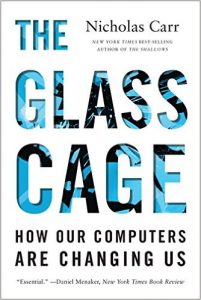At our January 31st, 2017, board meeting, the board approved a $15,000 grant to the Hydroplane & Raceboat Museum in Kent, Washington, in support of their J-Hydro Program. The J-Hydro Program is designed to allow boys and girls to build a hydroplane and, if they so choose, to race their boat. The Museum provides the materials necessary to build a hydroplane. The Museum also provides the space and construction expertise. Though this hands-on experience, boys and girls learn about such physics principles as fluid dynamics, buoyancy, drag coefficients, and stress and strain analysis. Our grant provides funding for the costs associated with seven hydroplane kits. If you would like to learn more about the J-Hydro Program, feel free to watch the following YouTube video. Click on this link to visit the web site of the Hydroplane & Raceboat Museum.
On a personal note, I come from a long line of boat enthusiasts. My grandfather co-owned the Minka. You can learn more about the Minka at our Minka Scholarship Program web site (Legacy menu item above). My father raced outboards on Long Island Sound. And as a youth, I spent many summers running around in a small Boston Whaler. The visceral nature of boating helps to develop what cognitive scientists call “procedural memory.” We use procedural memory to ride a bike or drive a car. As we move toward a time when autonomous cars will drive us around, social critics bemoan the fact that procedural memory is on the wane. For an example here, see Nicholas Carr’s 2014 book entitled The Glass Cage: How Our Computers Are Changing Us. In a small way, programs like the J-Hydro Program stem the tide of declining procedural memory. I think this gets at the heart of experiential education.

